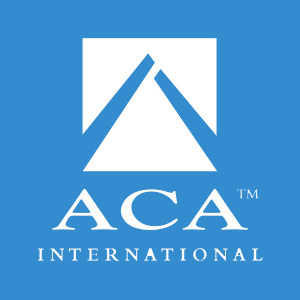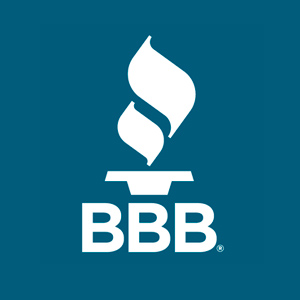Originally posted at Forbes.com here by Liz Frazier.
You’ve seen the ads. “Hounded by creditors? More than $10,000 in debt? Call us to reduce your debt, lower your monthly payments and be debt free in 24 months.” That sounds great, where do I sign up? Obviously, per the article title, debt relief programs are not as benign as they’d like for you to think. It works like so: You sign up with a debt settlement company. They negotiate with your creditors to allow you to pay a lump sum that is less than the full amount that you owe. You then pay the program a specific amount each month.
Clearly there is one positive about a debt relief program. You may pay a lower, single monthly payment. And you may pay less than you initially owed on the account.
Well, that’s it for the positives. The negatives are many; get comfy.
- It will hurt your credit: For a long time. Once you enroll in the program, the company tells you to stop making any payments on your debts, usually recommending to do so for six months or more. This is so the creditors will worry you won’t pay at all, would rather take something over nothing and are willing to negotiate with the debt relief company. As you’re ignoring the lenders, they are continuing to to report late payment updates to the credit bureau. And will continue to do so until your account is settled. Plus, the fact that you actually didn’t pay the full amount stays on your credit report history for seven years. The programs state that it’s only temporary, and you can improve your score after you are debt free. They also say that it’s better on your credit than bankruptcy. First, yes but barely. Second, I should hope so, since bankruptcy is the bottom of the barrel in terms of credit.
- Fees: Theres a lot, they are large and some are hidden.
- You pay a percentage of your total debt usually between 18-25% of the total debt. So if you owe $50,000 and the company charges 20%; you pay them $10,000. These are typically included in your monthly payment. However, most won’t tell you exactly how much of your monthly payment is going towards your debts and how much is actually being deducted as their “fee.”
- Some companies require loan insurance
- Upfront fees was a major issue with debt relief companies. Some were charging for services they had not performed and keeping this money without ever settling the debt. In 2010 the FTC banned the practice of charging upfront fees, however it doesn’t apply to all settlement companies and there are cases of companies doing it since: CFPB Takes Action Against Meracord for Processing Illegal Debt-Settlement Fees)
- Taxes: If you settle or are forgiven for a debt that is greater than $600, the amount will be treated as taxable income, and you may have to pay taxes. For example, if you negotiate a $10,000 debt down to $5,000, that remaining $5,000 becomes taxable income to you.
- Lawsuit: A creditor can file a debt collection lawsuit against you. The program websites don’t offer much information on that, except to say they aim to complete the program as quickly as possible to avoid any lawsuits. So, there’s that.
- No Guarantee…and may make your financial situation worse: Regardless of what they promise, there is no guarantee your debt will be reduced. Lenders are not obligated to accept settlement offers. Some lenders even refuse to work with debt settlement companies. Since you’ve stopped paying your bills, you’ve racked up penalties and fees on your existing debt. If the debt settlement company doesn’t settle all of your debts, you are stuck paying the additional fees. On top of your debt. At the end you could have more debt than you started with, creditors with even more reason to hound you, and even worse credit.
If you are faced with a financial situation where you feel a debt relief program is your only option, try doing a DIY version first. Call each of your lenders, explain your situation and ask for your options. Some companies will lower your interest rates, give you a grace period or put you on a program to pay off your debt. That way you’ll save your credit, money and sanity. If this doesn’t provide the help you need, see my article on additional ways to manage debt: Swimming In The Deep End Of Debt? Here Are Your Best Options.






